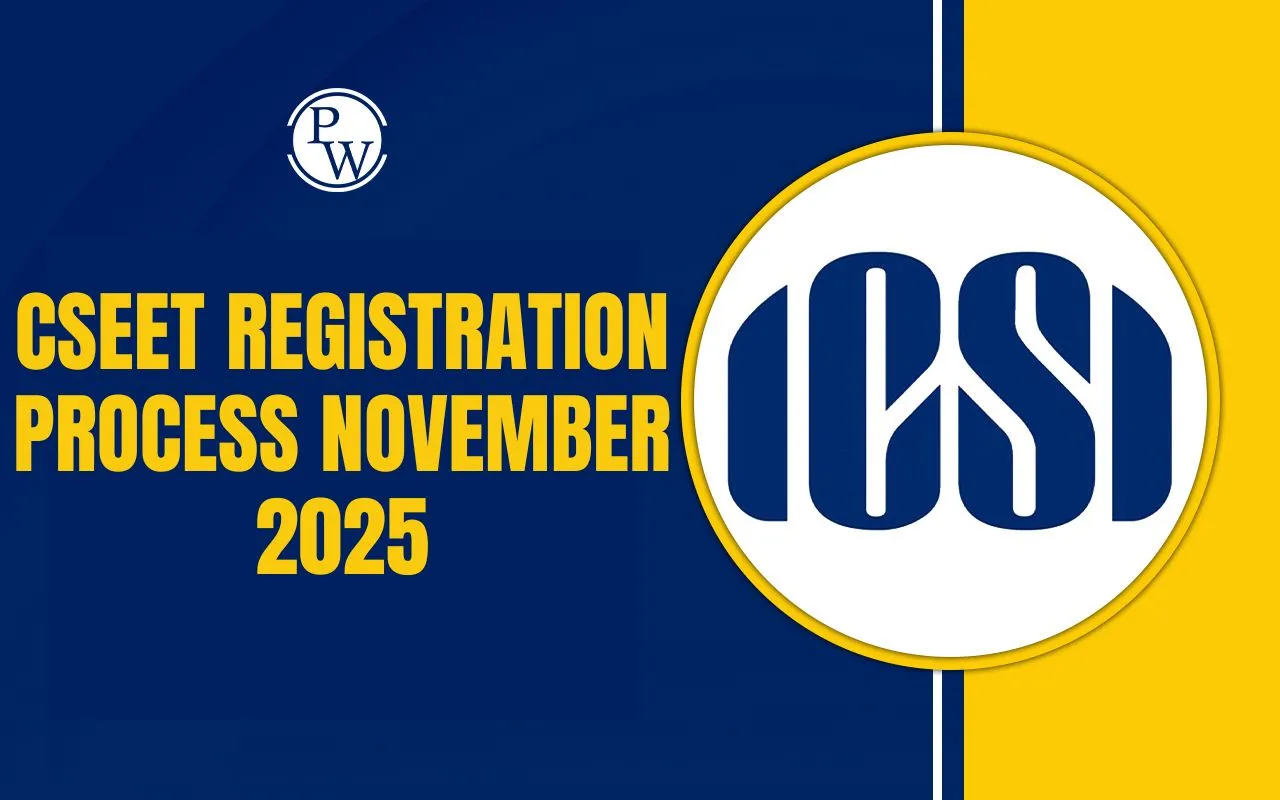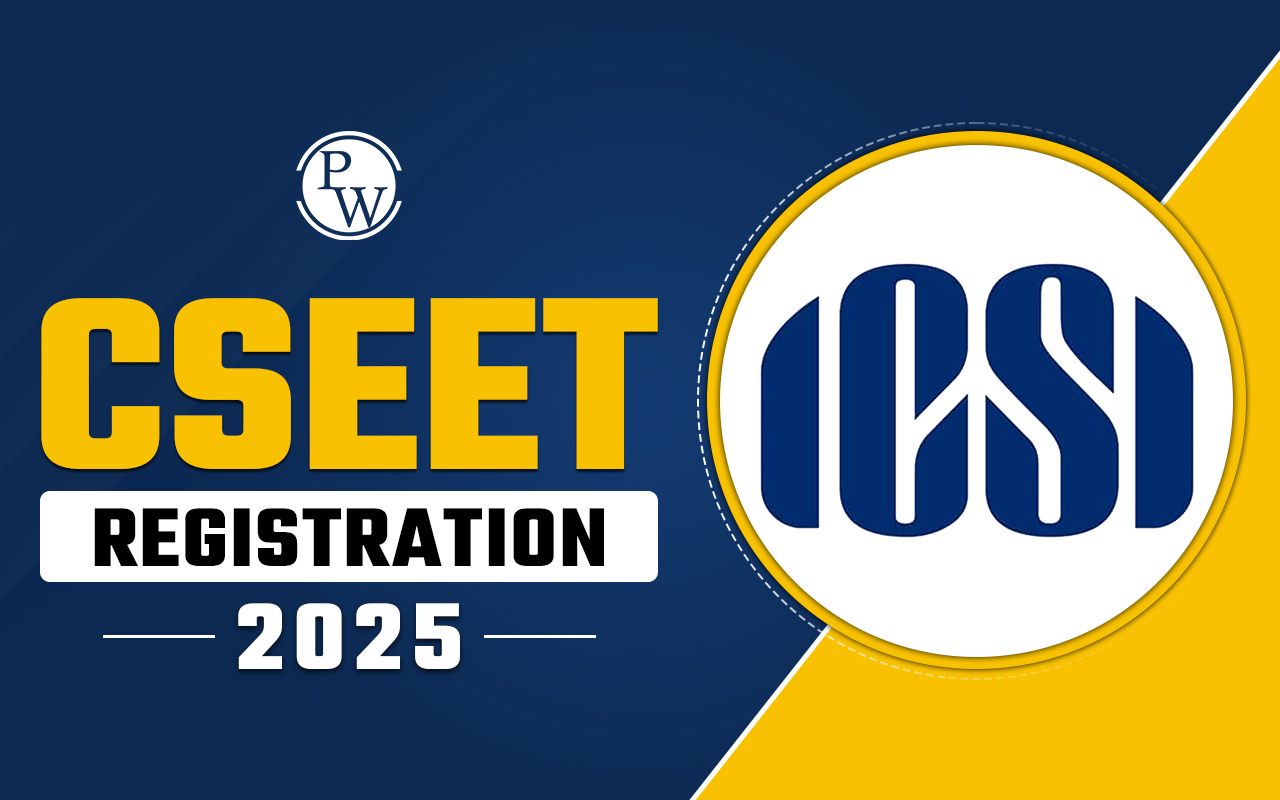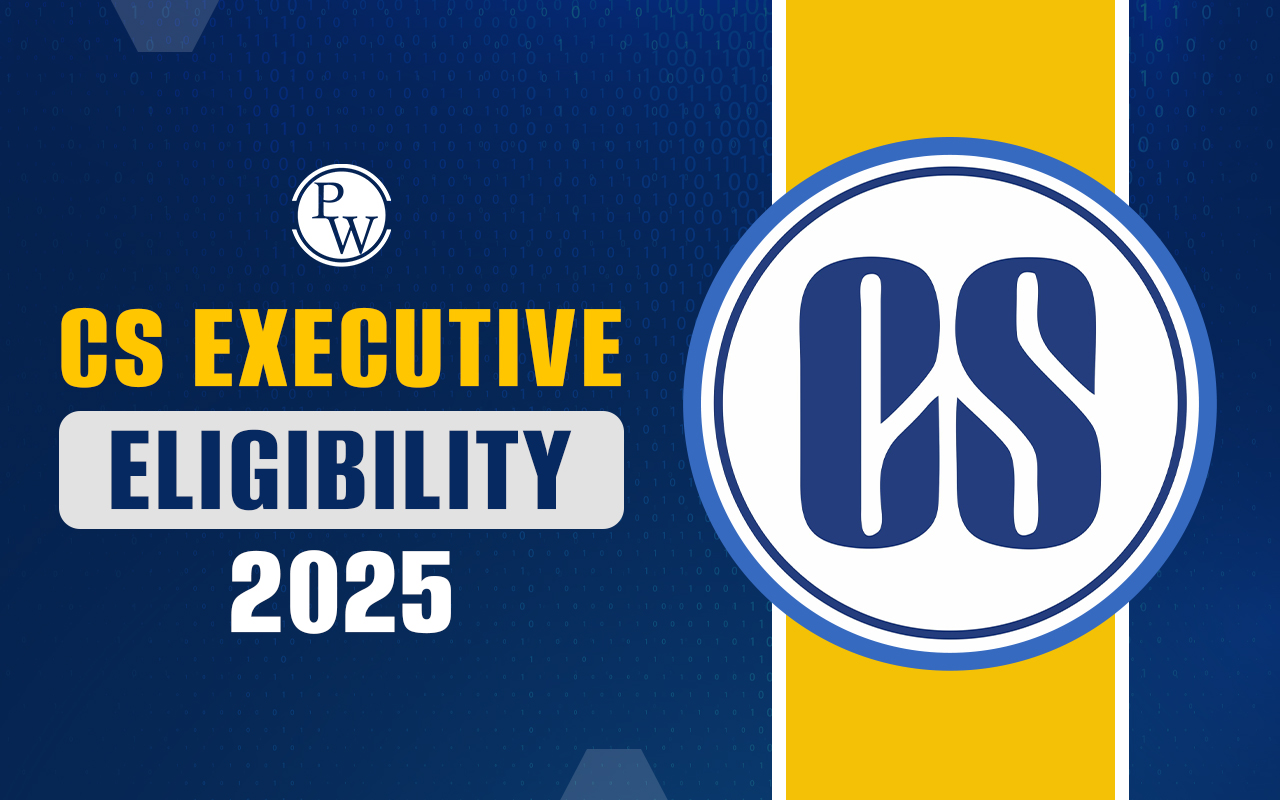
Competition Law in India: The government designs competition laws to control anticompetitive behaviour by companies that most adversely affect consumer interests. Anticompetitive practices are commercial or governmental measures that reduce or obstruct market competition.
Both public and private organizations are responsible for enforcing competition laws. Completion Laws, also known as Antitrust laws, aim to prevent businesses from engaging in unfair business practices that can adversely impact consumers or other companies.Significance of Competition Law in India
Competition laws aim to regulate behaviours and actions that limit corporate competition. Companies must abide by specific requirements set forth under competition law. The goal of competition law is to prevent businesses from engaging in anticompetitive practices, which can cause an imbalance in the market. India's Monopolies and Restrictive Trade Practices Act (MRTP Act) was established in 1969 and included a version of competition law. This act was prepared to develop a regulatory framework that disallowed monopolistic and restrictive practices and intended to prevent the concentration of economic power in some small groups that would be detrimental to the consumer interest and healthy competition.Competition Act, 2002
The Competition Act 2002 is a comprehensive piece of legislation adopted by the Indian government in 2002. Its purpose is to control business practices in India and prevent any significant negative impact on competition. The Competition Act mainly aims to control four categories of behaviour:- Anti Competitive Agreement
- Abuse of Dominance
- Regulation of Combinations
- Competition Advocacy and Reference
- Prevent actions that could harm the competitive environment
- Encourage and maintain a healthy market competition
- Safeguard consumer interests, preferences, and requirements
- Ensure the freedom of commerce exercised by other market participants.
Competition Law: Horizontal and Vertical Agreements
The Competition Act also regulates two kinds of agreements: Horizontal agreements : Anticompetitive agreements between the competitors at the same level of production chain. This may include the following conditions:- Price-fixing agreements between competitors that directly or indirectly have the effect of determining purchase or sale prices.
- Agreements between competitors that attempt to restrict or control markets, production, or supply of goods.
- Competitors' agreements involve market sharing in the form of products, market locations, or production sources.
- Bid-rigging agreements are intended to lower or eliminate competition for bids or manipulate the bidding process.
- An agreement between businesses or individuals.
- The parties to the agreement must be at different stages or levels of the production chain for the manufacture, supply, distribution, storage, sale, price, or trade of goods or services.
- The agreement is made between parties operating in different markets.
Competition Law: Administration and Enforcement
A new body was established under the Competition Act, which was responsible for administering and enforcing the Completion Act of 2005. This enforcement authority is the Competition Commission of India (CCI). The CCI was founded to prevent activities that could inhibit building competition and to take actions to facilitate and sustain the competitive environment in Indian markets. It would eventually benefit customers by accessing their required products and services and allowing other market players to participate freely in the trade. The Indian government designates a chairperson to head the CCI with a minimum of two and a maximum of six members. The commission can conduct investigations and take action over anti-competitive behaviour. Anyone can report on anticompetitive agreements and abuses of dominant position, including consumers and their associations. When the Commission determines that an enterprise has engaged in anti-competitive behaviour that has resulted in a significant negative impact on competition, it imposes a penalty. The CCI has the responsibility and authority to ensure that the Appreciable Adverse Effects on Competition (AAEC) is strictly and effectively regulated to promote free and fair competition in the markets. The commission has proposed to organize advocacy programs to improve awareness among the groups of stakeholders. It maintains a panel of competition resource persons who can disseminate information regarding the rules, culture, and compliance related to competitions.Competition Law FAQs
How much penalty can the CCI impose for anticompetitive agreements?
The Competition Commission of India (CCI) can penalize people or companies up to 10% of their average turnover over the three preceding fiscal years for engaging in anticompetitive agreements.
What do Cartels mean?
As per the Competition Act of 2005, Cartels are agreements made by businesses, associations, or individuals not to compete on price, goods, and services.
Who can give CCI information on abuse of dominance and anticompetitive agreements?
The CCI can receive such information from any source, including consumers, consumer associations, and trade associations.
What is competition advocacy?
Activities carried out by the Competition Commission of India (CCI) to encourage a competitive environment for economic activity are referred to as competition advocacy.
Talk to a counsellorHave doubts? Our support team will be happy to assist you!

Check out these Related Articles
Free Learning Resources
PW Books
Notes (Class 10-12)
PW Study Materials
Notes (Class 6-9)
Ncert Solutions
Govt Exams
Class 6th to 12th Online Courses
Govt Job Exams Courses
UPSC Coaching
Defence Exam Coaching
Gate Exam Coaching
Other Exams
Know about Physics Wallah
Physics Wallah is an Indian edtech platform that provides accessible & comprehensive learning experiences to students from Class 6th to postgraduate level. We also provide extensive NCERT solutions, sample paper, NEET, JEE Mains, BITSAT previous year papers & more such resources to students. Physics Wallah also caters to over 3.5 million registered students and over 78 lakh+ Youtube subscribers with 4.8 rating on its app.
We Stand Out because
We provide students with intensive courses with India’s qualified & experienced faculties & mentors. PW strives to make the learning experience comprehensive and accessible for students of all sections of society. We believe in empowering every single student who couldn't dream of a good career in engineering and medical field earlier.
Our Key Focus Areas
Physics Wallah's main focus is to make the learning experience as economical as possible for all students. With our affordable courses like Lakshya, Udaan and Arjuna and many others, we have been able to provide a platform for lakhs of aspirants. From providing Chemistry, Maths, Physics formula to giving e-books of eminent authors like RD Sharma, RS Aggarwal and Lakhmir Singh, PW focuses on every single student's need for preparation.
What Makes Us Different
Physics Wallah strives to develop a comprehensive pedagogical structure for students, where they get a state-of-the-art learning experience with study material and resources. Apart from catering students preparing for JEE Mains and NEET, PW also provides study material for each state board like Uttar Pradesh, Bihar, and others
Copyright © 2026 Physicswallah Limited All rights reserved.









